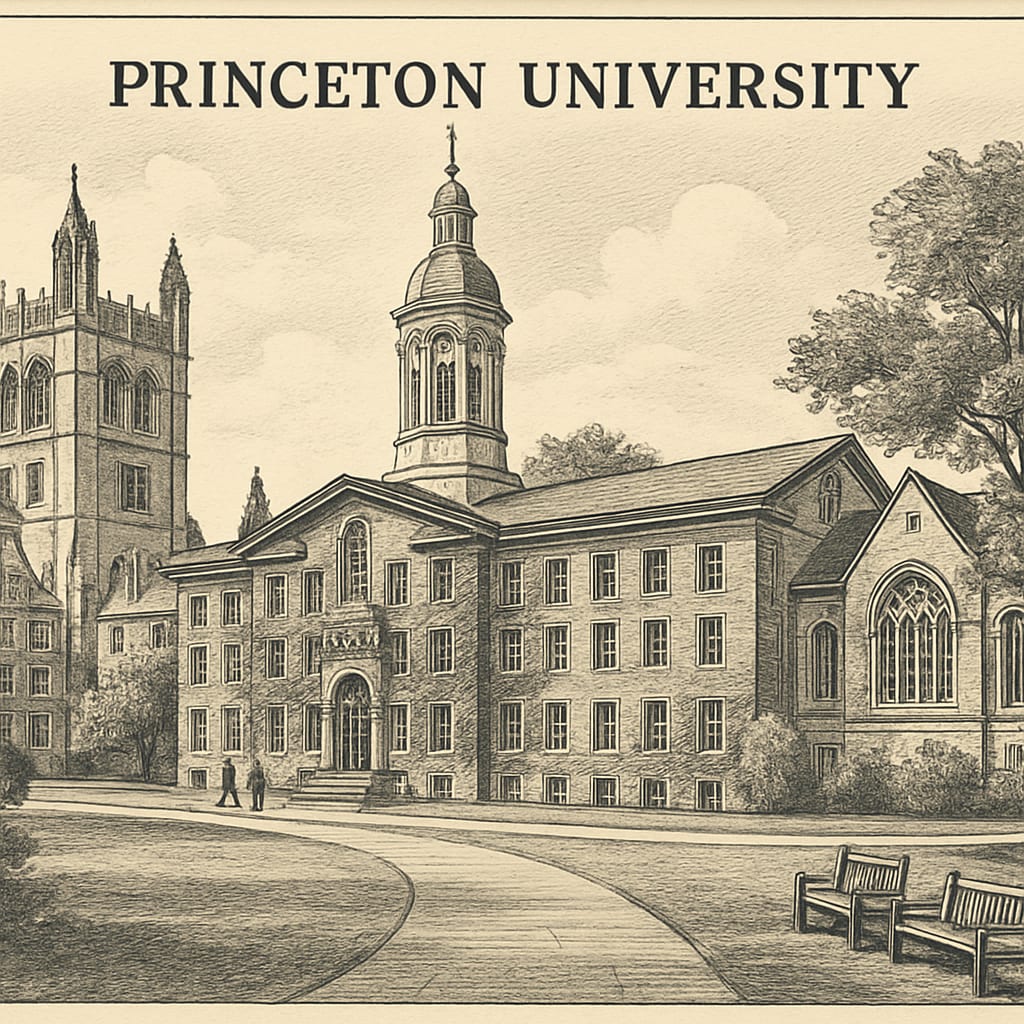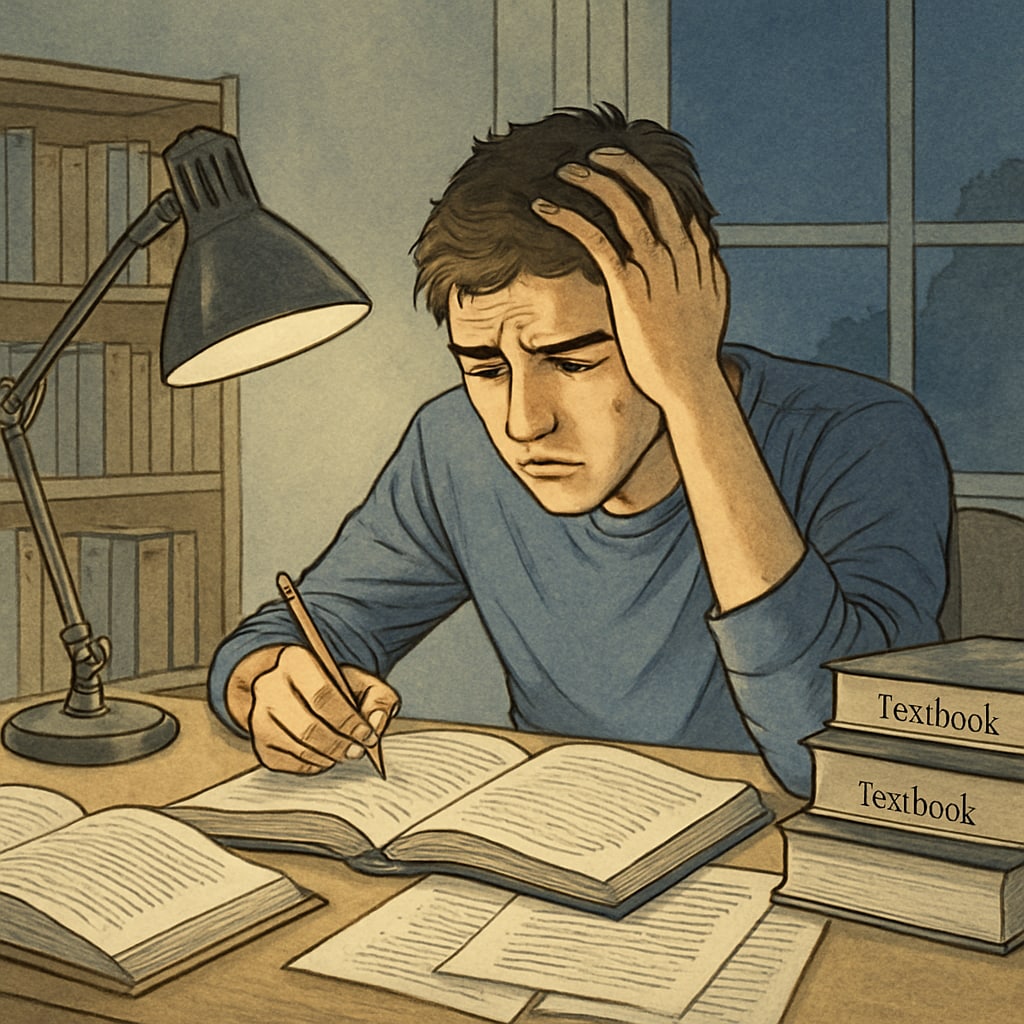The prestige of Princeton, Ivy League schools, and higher education has long been romanticized, shaping societal perceptions of academic excellence. However, a deeper evaluation raises critical questions: Are these institutions truly living up to their reputation, or is their pedestal built on a legacy of exclusivity rather than substance? Furthermore, what are the broader implications of this elite education model on K-12 students striving to meet these lofty expectations?
The Ivy League Aura: Prestige vs. Substance
For decades, Ivy League institutions like Princeton University have been synonymous with success, privilege, and academic brilliance. Their names evoke a sense of exclusivity, often becoming a benchmark for societal and professional attainment. But beneath the surface, the question remains: Is this reputation justified by the education they provide, or is it a product of masterful branding and tradition?
One key criticism lies in the accessibility and inclusivity of these institutions. While their admissions processes tout a commitment to diversity, the reality is that Ivy League schools, including Princeton, cater predominantly to a narrow demographic. A significant portion of their student population comes from the wealthiest families, raising concerns about socioeconomic disparity. Many argue that this undermines their claim to fostering intellectual excellence across all societal strata.
Moreover, the curriculum and pedagogy employed at these institutions are often not as groundbreaking as their reputations suggest. A 2020 study by the Center for American Progress revealed that the teaching methodologies at many Ivy League schools have not evolved significantly in decades, lagging behind innovative approaches embraced by other institutions. This calls into question whether their prestige is based more on historical legacy than on current academic rigor.

The Impact on K-12 Education: Unrealistic Expectations
The allure of the Ivy League has a profound ripple effect on K-12 education. Students, parents, and educators alike often fixate on the goal of gaining admission to these prestigious institutions, sometimes at the expense of holistic development. This “Ivy or bust” mentality can create undue stress, fostering a hyper-competitive environment that prioritizes standardized test scores and extracurricular achievements over creativity and emotional well-being.
For example, high school students aiming for Princeton or its Ivy League peers frequently overextend themselves, juggling Advanced Placement (AP) courses, leadership roles, and volunteer work. While these activities can be valuable, the pressure to excel in all areas simultaneously can lead to burnout. Studies have shown that such environments may contribute to increased rates of anxiety and depression among adolescents.
Additionally, the focus on elite institutions can overshadow the value of other educational pathways. There are countless non-Ivy League schools that offer exceptional programs and opportunities, yet they are often dismissed as less desirable simply because they lack the Ivy League label. This mindset not only limits students’ options but also perpetuates the myth that success is attainable only through these elite institutions.

Charting a New Course for Education
To break free from the Ivy League obsession, a paradigm shift is needed. Society must begin to value education that prioritizes inclusivity, innovation, and individual growth over exclusivity and prestige. This involves celebrating diverse educational pathways and recognizing that success is not confined to a select group of institutions.
Here are some actionable steps to consider:
- Promote Alternative Options: Highlight the achievements of graduates from state universities, liberal arts colleges, and vocational programs.
- Redefine Success: Shift the focus from brand-name institutions to personal and professional fulfillment.
- Support Mental Health: Address the stress and anxiety caused by the hyper-competitive college admissions process.
- Embrace Innovation: Encourage schools to adopt modern teaching methods that prepare students for the evolving workforce.
By adopting these measures, we can challenge the dominance of the Ivy League narrative and foster a more equitable and dynamic educational landscape.
Conclusion: Reassessing the Ivy League Myth
The over-glorification of Princeton, Ivy League schools, and higher education is a complex issue that demands critical reflection. While these institutions have undoubtedly contributed to academia and society, their reputation often exceeds their tangible educational value. Moreover, the pressure they exert on students, particularly those in K-12 education, can have harmful consequences. It is time to reevaluate our collective obsession with elite education and focus on creating a system that prioritizes equity, innovation, and well-being over prestige.
Readability guidance: This article uses short paragraphs and lists to enhance readability. Passive voice and long sentences have been minimized, with transitions used to ensure a cohesive flow. The discussion is balanced, avoiding excessive criticism while encouraging constructive solutions.


